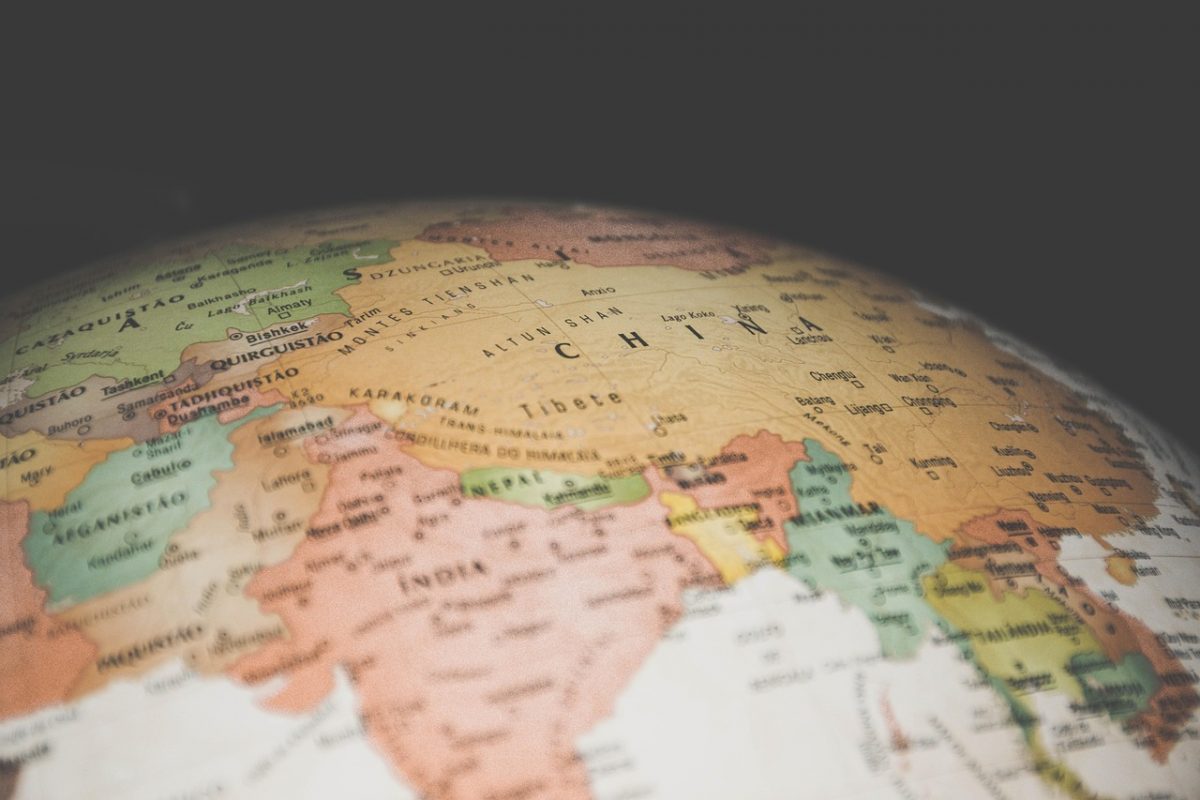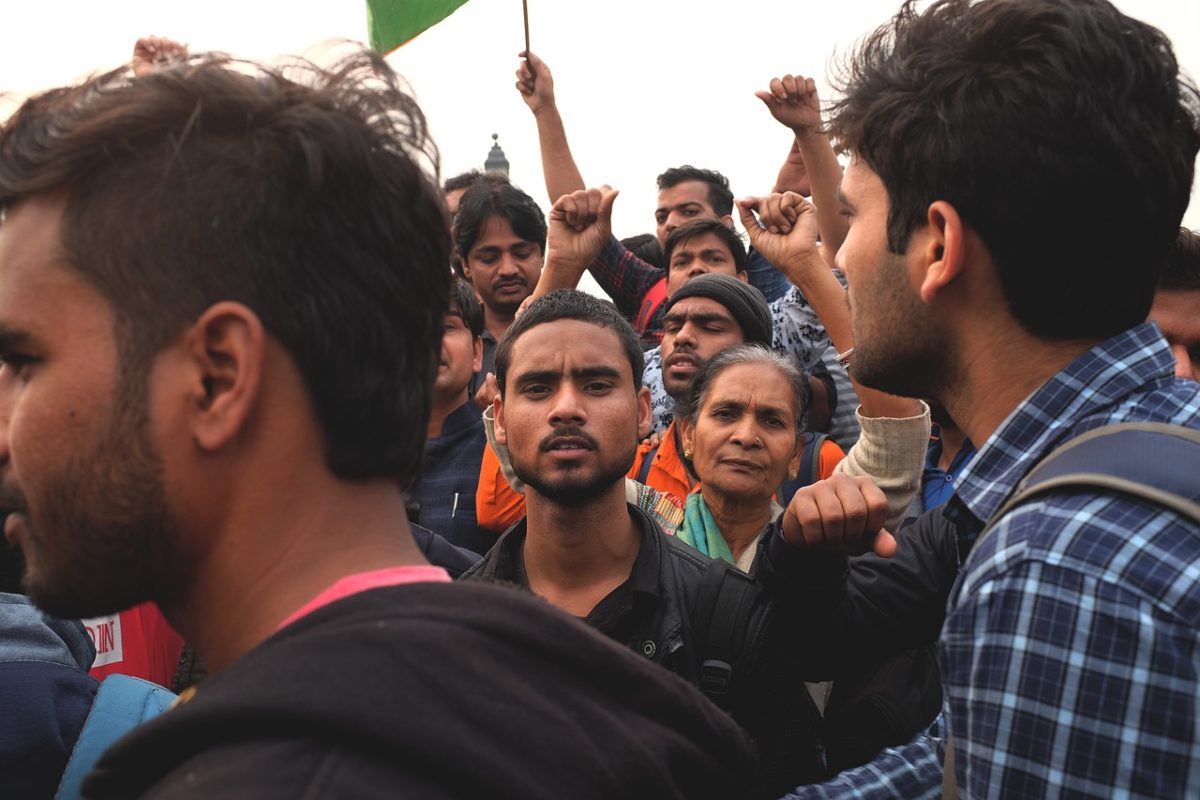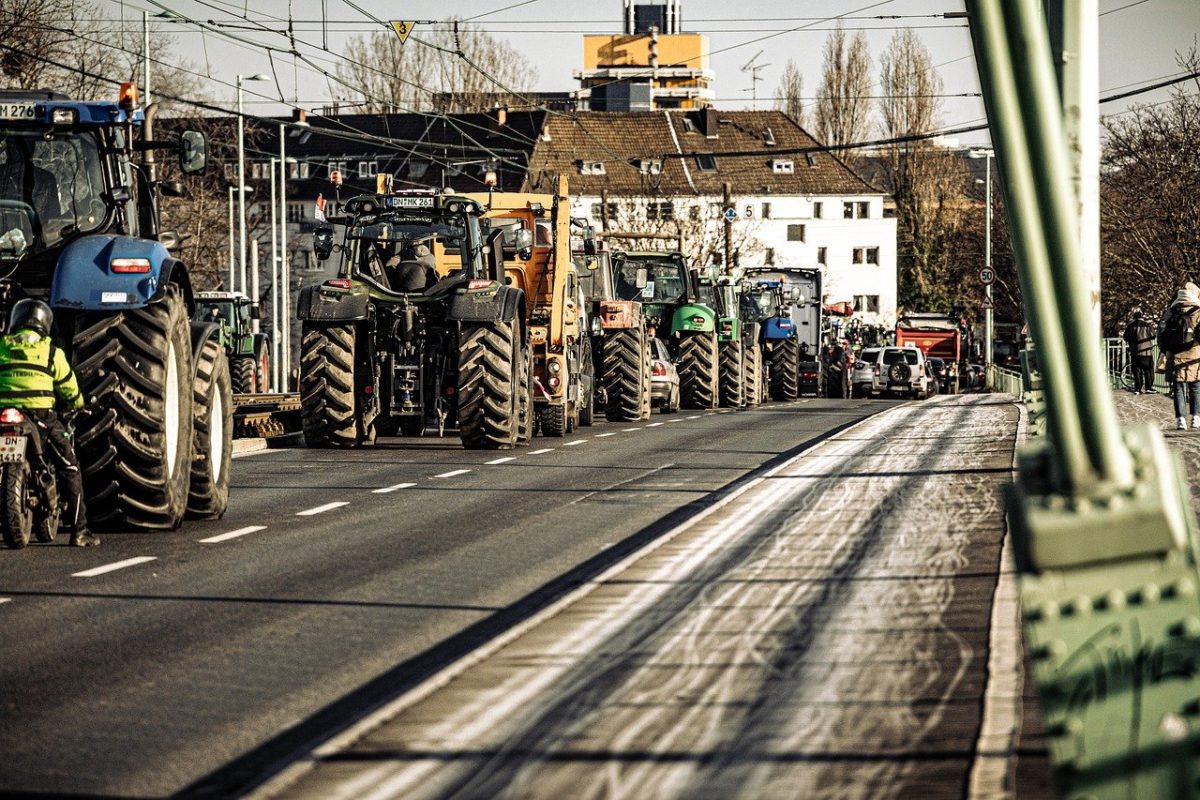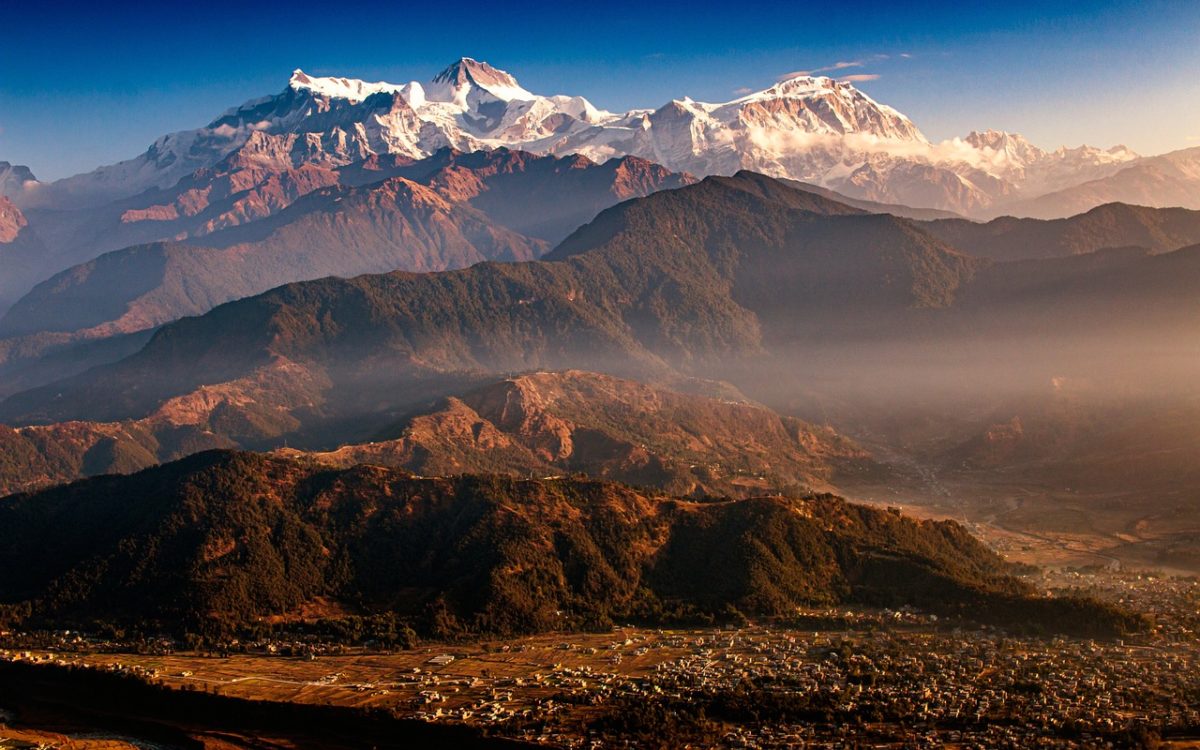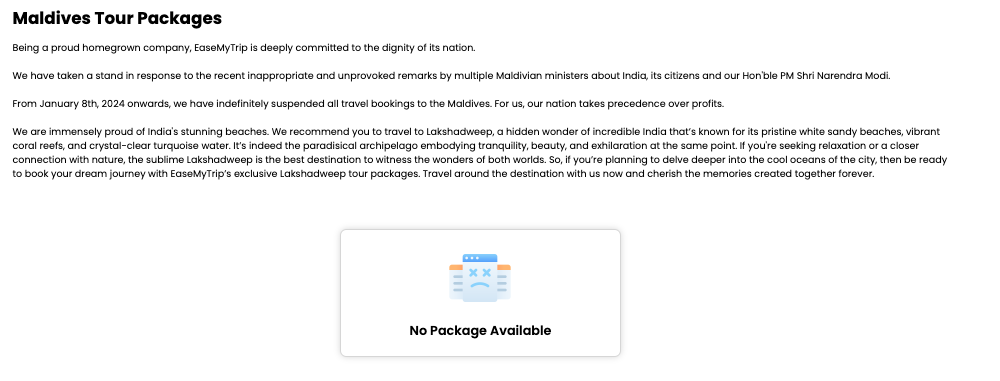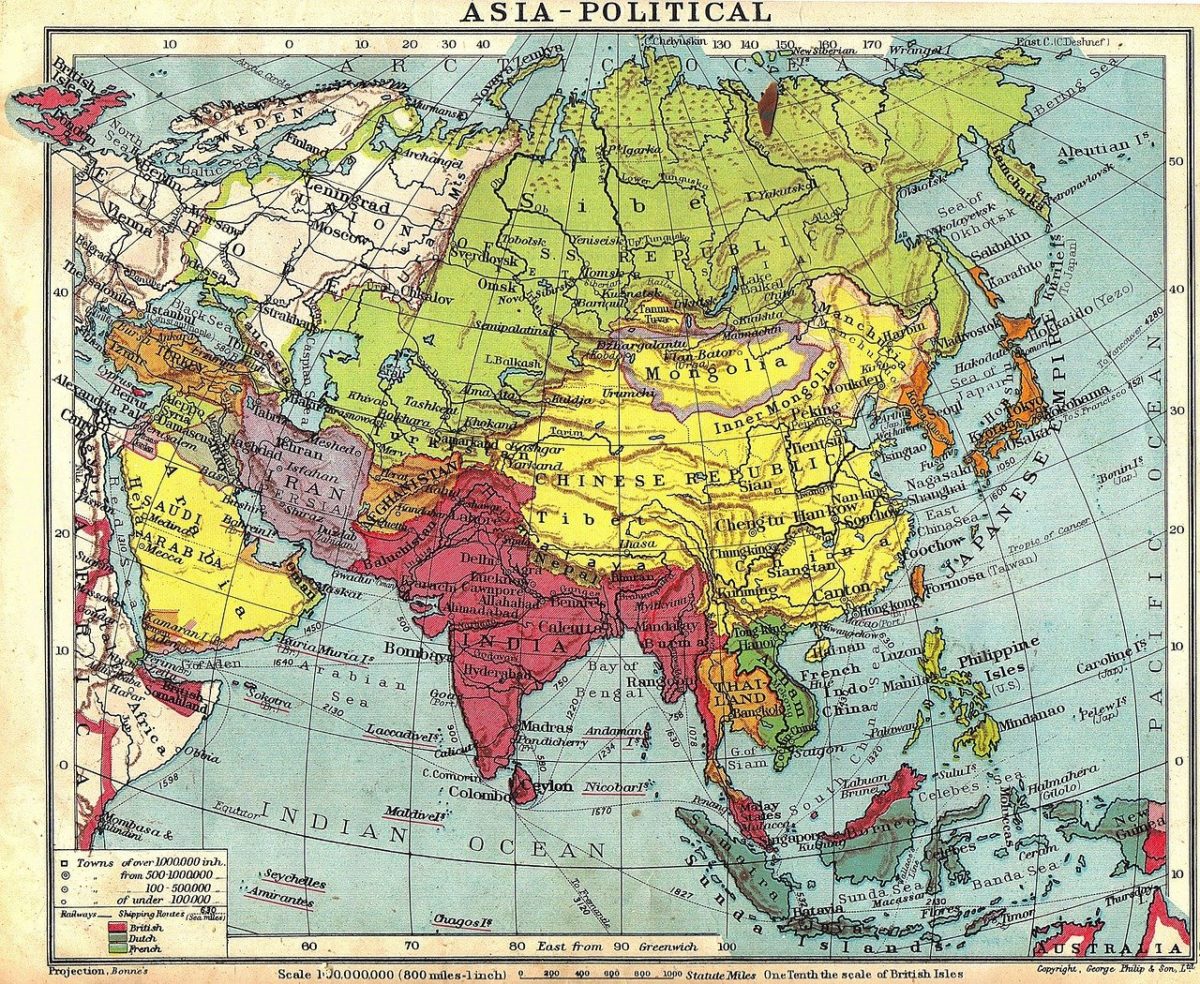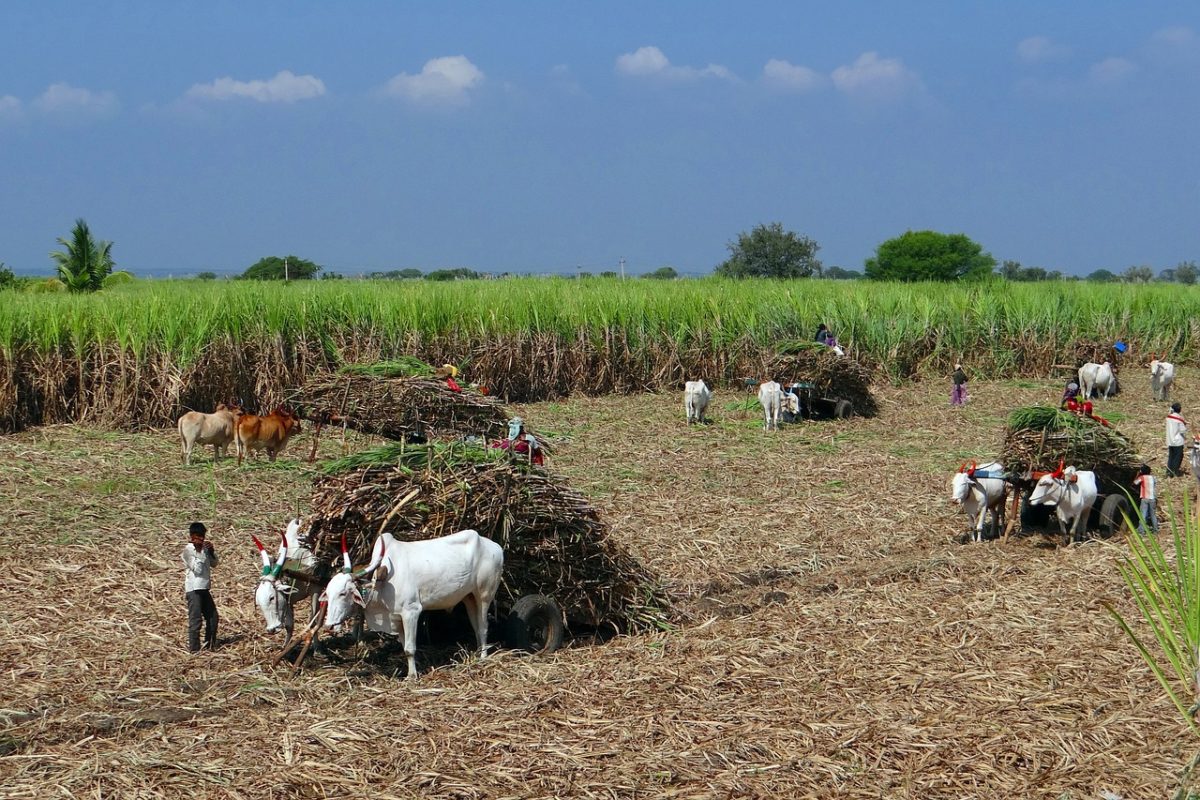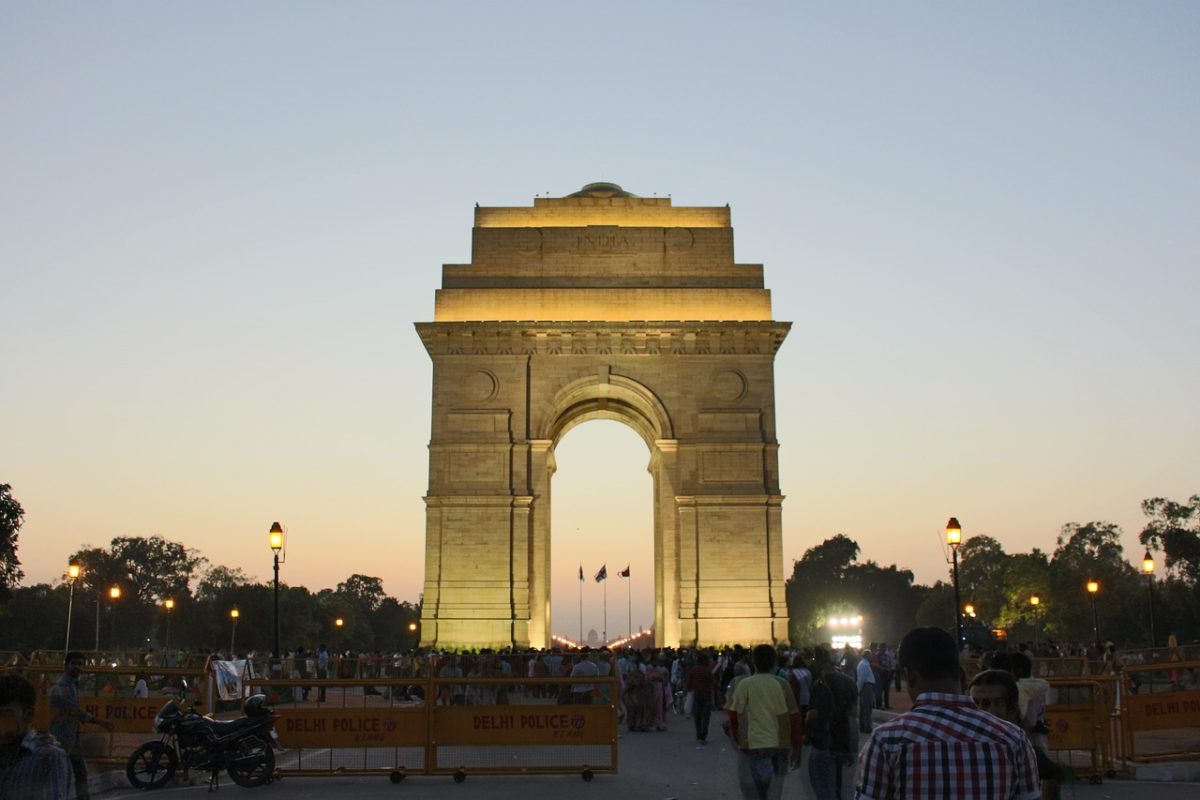We examine four episodes where statecraft became applied psychology: the United Kingdom mollifying Donald Trump to secure a swift trade accord; Canada’s Mark Carney firm yet conciliatory approach to Canadian-US relations; the conclave’s election of Pope Leo XIV, a median figure within the Church; and India’s calibrated media roll-out after strikes in Pakistan. Across these cases, firmness & aggression is mixed with civility, deploying symbolism, messenger selection, and careful narrative framing to steward egos and restrain escalation.
Continue reading “The Hard-Soft Equation: Optics, Power, and Pragmatism”Tag: India
India’s Election: Situational Update
Summary
- Congress’s “Nyay Patra” Manifesto: Focuses on social justice with promises for jobs, financial aid for women, and a controversial wealth redistribution survey based on caste and minority status, sparking debates about its potential to deepen social divisions.
- BJP’s “Abki Baar 400 Paar” Campaign: Led by Prime Minister Narendra Modi, targets over 400 seats with a platform emphasising national security, economic growth, and Hindu cultural nationalism. Criticises Congress’s manifesto as threatening national security and stability.
- Controversial Aspects of Congress’s Manifesto: Includes a wealth redistribution plan and a caste census, which have been criticised for potentially fostering economic disincentives and social unrest.
- Modi’s Rhetoric Viewed as Anti-Muslim: Accusations against Congress for pandering to Muslim interests, using divisive language, and linking Congress policies to historical adversaries like the Muslim League.
- Electoral Strategies and Implications: BJP’s campaign focuses on a strong nationalistic approach, while Congress aims for transformative social justice measures. The election presents a stark choice between two contrasting visions for India’s future.
India’s Election Bond Scheme: situational brief
Summary
- The Election Bond Scheme was launched by the Indian government in 2018, allowing anonymous donations to political parties via bonds issued by the State Bank of India, aimed at increasing transparency in political funding.
- Despite initial optimism, the scheme faced criticism for lacking transparency, as it enabled donors to contribute anonymously, raising concerns about undisclosed influences on policymaking.
- Analysis indicated a disproportionate advantage to the ruling party, with the Bharatiya Janata Party (BJP) receiving the majority of funds through these bonds, highlighting potential biases in the distribution of donations.
- Legal and ethical concerns emerged regarding the potential for an influx of unaccounted money and foreign influence in the political system, prompting challenges in the Supreme Court of India and calls for reform to address these issues.
Global Farmer Protests: Briefing Note
Recently, the agricultural sector has experienced significant unrest, manifesting in waves of farmer protests across the globe. Particularly prominent in the EU and India, these movements have been driven by a confluence of economic, environmental, and political challenges, reflecting broader concerns about sustainability, equity, and governance in the agricultural domain. This briefing note provides an overview of these protests, highlighting key examples, common themes and issues, and the wider political implications.
Interconnected: The electrical grids of India, Bhutan, and Nepal
Summary
- While the electrical grids of India, Bhutan, and Nepal aren’t fully synchronized as a single system, they are interconnected through various points and agreements, allowing for electricity exchange.
- As landlocked and mountainous countries, Nepal and Bhutan have limited options to industrialize, but have hydropower potential. Electricity can be an important export for both.
- The electrical grid connections facilitate the trade in electricity and contribute to regional energy security. Countries like Nepal and Bhutan export surplus electricity and import energy during periods of deficit, thereby supporting their energy needs and economic development.
- These interconnections between India, Bhutan, and Nepal have spurred significant geopolitical and domestic political issues within the region, largely shaped by strategic interests, economic dependencies, and environmental concerns.
Rising Tides of Controversy: Navigating the India-Maldives Spat
The latest controversy between India and the Maldives primarily revolves around a series of events that have strained the diplomatic relations between the two nations. The controversy was ignited by negative remarks made by three deputy ministers in the Ministry of Youth Affairs in the Maldives about Indian Prime Minister Narendra Modi. These remarks were made in response to Modi’s visit to Lakshadweep and were perceived as a challenge to the Maldivian tourism industry, which is renowned for its beachside amenities.
The Indian government raised this issue with the Maldives, resulting in the suspension of the three ministers by the Maldivian government.
Continue reading “Rising Tides of Controversy: Navigating the India-Maldives Spat”The Year of Elections.
Welcome to 2024! Our team is eagerly looking forward to what has been dubbed “The Year of Elections.”
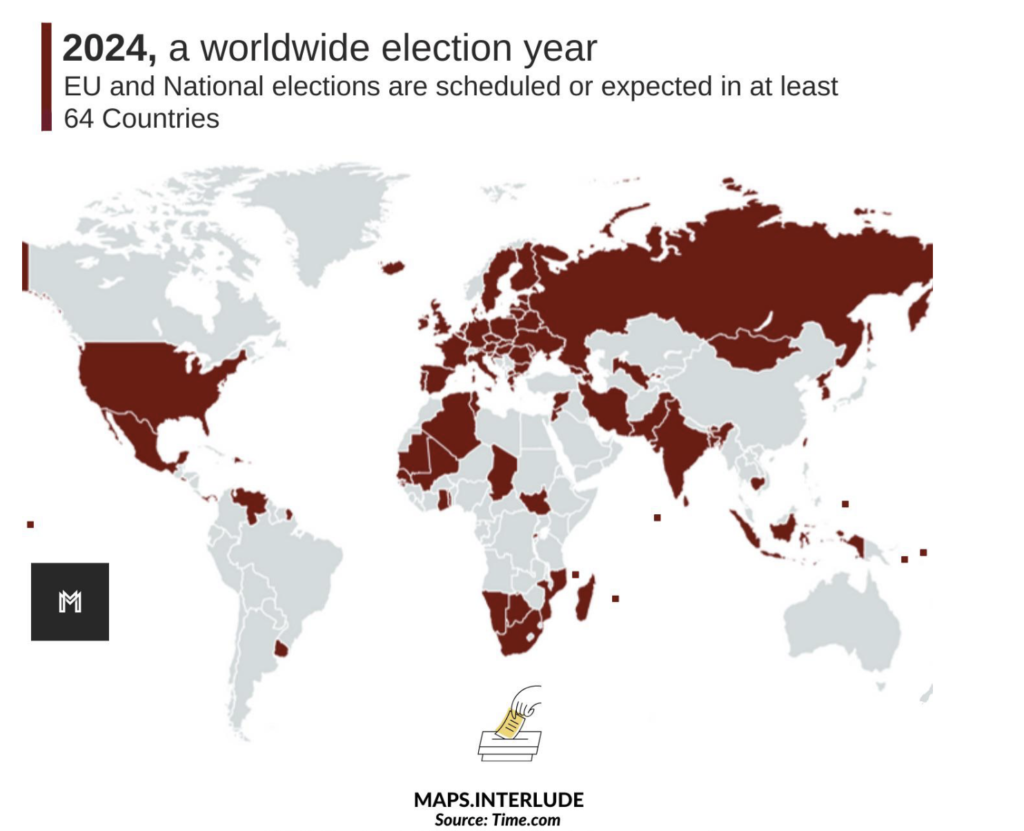
Young voters in Asia
Young voters in Asia are emerging as a critical demographic in shaping electoral outcomes. In the upcoming 2024 Indonesian general election, for instance, millennials and Gen-Z voters comprise more than half of the eligible voting population. This significant proportion underscores their potential to decisively influence the presidential and legislative elections.
In Taiwan, whom young people ultimately vote for — and how many vote at all — could be crucial in deciding the presidential election on Jan. 13. About 70% of Taiwanese in their 20s and 30s voted in the 2020 presidential election, a lower share than among middle-aged and older voters, according to official data. People ages 20 to 34 count for one-fifth of Taiwan’s population, government estimates show.
Meanwhile, in India, there has been an ongoing concern about the number of young people who are eligible to vote but do not. Prime Minister Modi took to Twitter before the recent state elections to encourage young and first time voters.
Continue reading “Young voters in Asia”Indian state elections: situational brief
Summary
- Results: In the recent 2023 state elections in India, the Bharatiya Janata Party (BJP) achieved a significant victory in several key states. The BJP swept the Hindi heartland states of Chhattisgarh, Madhya Pradesh, and Rajasthan, showcasing its dominance in the lead-up to the 2024 general election.
- The BJP machine: The BJP’s resounding victories reflect its robust electoral machinery and the enduring popularity of Prime Minister Narendra Modi, positioning it strongly for the national polls. These wins underscore the BJP’s effective governance narrative and its appeal across a significant voter base.
- A weak opposition: Conversely, Congress’s mixed results, particularly its losses in politically crucial regions, point to challenges in mounting a strong opposition. The emergence of a multi-party alliance led by Congress had suggested an evolving political landscape. However, the BJP’s dominance in key states indicates a potentially uphill battle for the opposition.
India’s G20 Presidency has given Multilateralism a human touch
A guest post by Kamal Madishetty, this article was originally published on ChintanBy recasting an elite diplomatic grouping as a mass movement, India has democratised the G20 and shown that the collective popular wisdom deserves to be heard.
Multilateralism, the practice of coordinating international efforts among multiple nations to address global challenges, has long been considered a cornerstone of global governance. It seeks to promote cooperation, ensure peace and security, and address pressing global challenges. However, in recent years, multilateralism has faced significant challenges that threaten its effectiveness and relevance.
The rise of populism and polarisation in the West, the predatory practices and aggressive foreign policy of China, and increasing geopolitical tensions across the world have all weighed down on multilateralism in recent times. In particular, the COVID-19 pandemic and the conflict in Ukraine have raised the most potent challenges to the future of multilateral cooperation. It is in this extremely difficult context that India assumed the presidency of G20, the grouping of the world’s 20 biggest economies and consequently, 20 of the most influential actors on the planet.
Continue reading “India’s G20 Presidency has given Multilateralism a human touch”